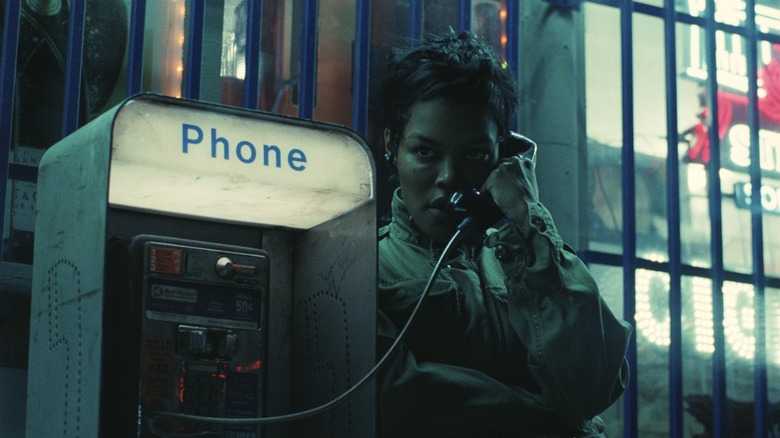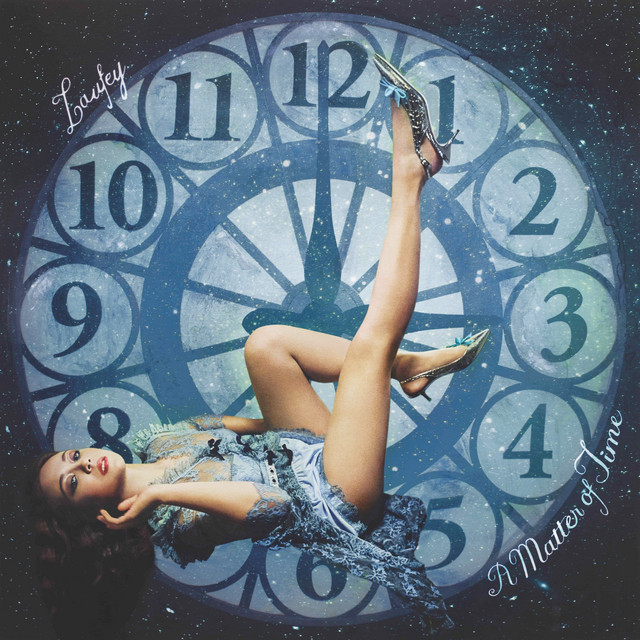“Emily in Paris” is a national embarrassment.
In the midst of a pandemic in a country that has mishandled global and social crises for the past four years, “Emily in Paris” sells viewers a tone-deaf, American escapist fantasy that can only be watched through cracked fingers in the depths of second-hand embarrassment. From its repulsive undercurrents of American moral superiority to its wince-eliciting, caricatured portrayal of French culture, there is very little left to love within these 10 episodes. Much of the writing relies on stereotypes to fuel plot points and force drama. For example, Emily (Lily Collins), the bright-eyed, naive American marketing intern at Savoir, a Parisian marketing firm, is often at odds with the hedonism of the French lifestyle. She is thrown by her coworkers’ leisurely attitudes toward work-life balance, the forwardness of French lovers — a prominent trope on this show — and the elitism of the Parisians she encounters.
The exaggeration of Emily’s differences from her French counterparts creates a season’s worth of plot that is plain uncomfortable to watch as it mainly touts a sensationalized ideology of how the French view sex. Antoine (William Abadie), a married client, flirts with Emily while both his wife and his mistress are in the same room. Later on, he inappropriately gifts her expensive lingerie as a thank-you for helping his ad campaign, which Emily must hide along with her indignation at the blurring of work-life boundaries from her tough boss Sylvie (Philippine Leroy-Beaulieu), who is revealed to be his mistress. It’s messy, it’s cheap, and it gets worse.
Emily, in all her prudish glory, later learns that it is a “common thing” for wives to be aware of their French husbands taking on mistresses, and that it is, in fact, encouraged, because “no one wants to have sex with the same person for their whole life.” Contrarian statements like this exist aplenty in “Emily in Paris,” acting as a mouthpiece for the French population — a presumptuous move for a “Sex and the City” knockoff to think it can speak for an entire country. Furthermore, “Emily in Paris” doesn’t seem like it even understands its own logic about the French. Antoine’s wife finds out about a secret trip he planned and assumes it was for herself, which upsets Sylvie, Antoine’s intended vacation partner who must stay home as a result. This contrasts with the end of the show when Antoine’s wife insinuates to Emily that she’d make a better mistress to her husband than Sylvie, displaying a disorienting mix of awareness and lack thereof. Confusingly, these interactions barely acknowledge the rules the show sets earlier on about “how French relationships work.” As a result, the writing of these characters and their actions feels haphazard and nonsensical.
Finally, “Emily in Paris” tries to incorporate a laughable feminist agenda that puts the movement to shame. When Emily is not questioning why female body parts use masculine articles in gendered romance languages, she takes issue with French ad campaigns that exploit female sexuality for profit. The French client and boss argue to Emily’s disagreement that a woman’s sexuality empowers her to have control over men, influencing her marketing strategy of posting these ads on social media with the caption “SexyorSexist?” The debate feels so contrived and cringeworthy, that at some point listening to metal pans scrape against one another becomes preferable to watching Emily “teach” the French how to treat women. And furthermore, any possible message about female empowerment is drowned out by the problematic portrayal of female characters and friendships in this show. Sylvie is needlessly hostile to Emily as a boss when she could recognize her ability to be a mentor and guide in a foreign country, Emily betrays her new Parisian friend by lusting after her boyfriend in secret and kissing him twice when she could have very well refrained from doing so, and Mindy (Ashley Park), the best friend from Hong Kong, as well as the only woman of color on the show, is just … there. In this context, many of Emily’s actions and pro-female stances feel hollow, further highlighting other aspects of the show that disappoint.
If you want a riveting exploration of Paris and French culture through fresh eyes, a strong female lead living her best life, and a relaxing vacation from your daily quarantine woes, this is not the show for you. Maybe it would be slightly easier to accept this show if it openly branded itself as satire, but considering the seriousness with which it takes itself, that might be a stretch as big as believing that any of Emily’s “marketing strategies” would be successful in reality. In a time where we must recognize our shared experiences as human beings, “Emily in Paris” is more focused on hashing out and judging our differences. That’s reason enough to skip to the next show in your Netflix queue.
Grade: F
Creator: Darren Star
Starring: Lily Collins, Philippine Leroy-Beaulieu, Ashley Park, William Abadie
Release Date: Oct 2, 2020
Rated: TV-MA
Image courtesy of Us Weekly.








